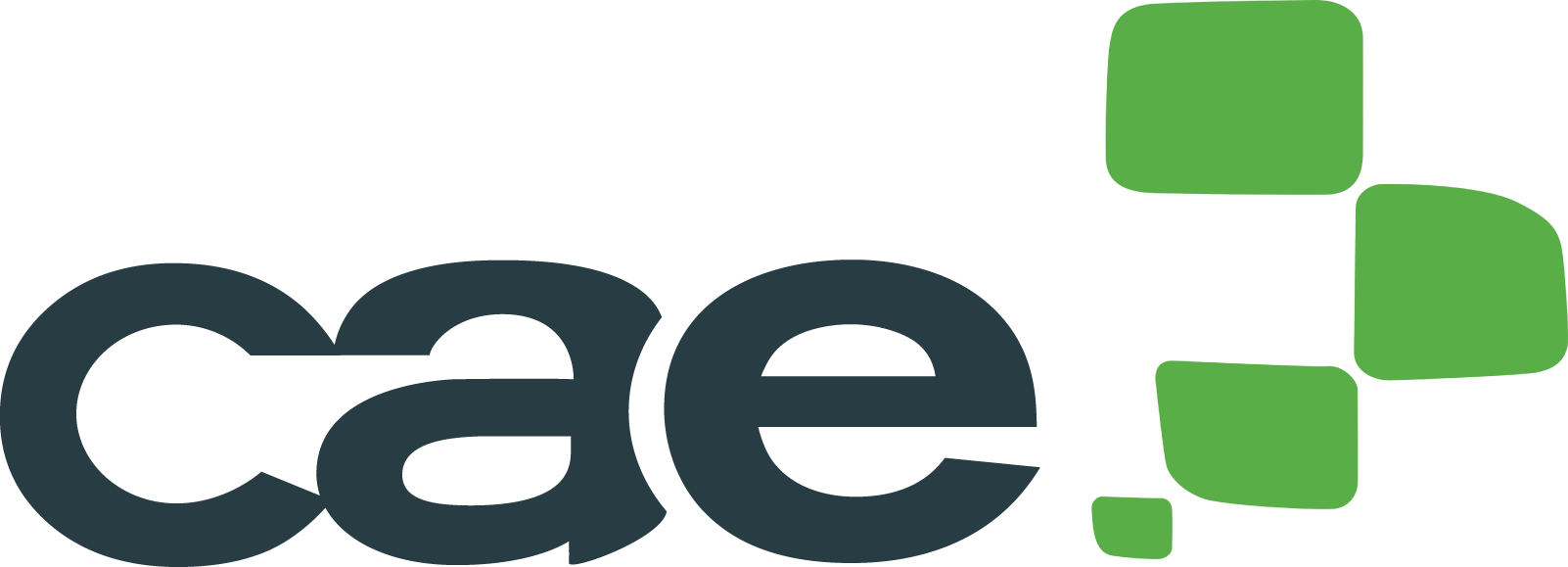Smart Learning or intelligent education includes new educational contexts in which the importance is focused on the student’s use of technology at their fingertips. It does not only depend on the software and hardware available, but on how they are articulated in the classes or the online training in conjunction

As expert consultants, on many occasions we have found language training that despite using all kinds of digital instruments did not work. The problem is that technology by itself does not have the intelligence to articulate: you need a methodology, motivation mechanisms, automated follow-up.
Smart Learning: technology & methodology
The Dexway courses and the Voluxion educational platform (LMS, LCMS, VCR) belong to the framework of Smart Learning by presenting students with a progressive and natural methodology, which develops the subject from 0 to 100% with complete linguistic immersion and a Virtual learning environment (VLE) designed to offer the necessary solutions for Smart Learning.
As the classrooms host mobile devices to accompany the classes, natural allies of the students of the 21st century, it is necessary a change of habits on the part of the faculty that must look for the indicated way to use. Either locating as a guide to a directed online training, or staying in the axis of training, but relying on new technologies to add interactivity in class and reinforcement of what is learned at home.
The important role of teachers in educational centers so that intelligent learning works
The Koreans Cheyeon Ha and Soo-Young Lee published this study last January “Elementary teachers’ beliefs and perspectives related to smart learning in South Korea”. It analyzed the situation of education in Korea, easily extrapolated to any part of the globe. Both researchers point out that the rapidity with which technology is transforming the classroom requires not only an effort in infrastructure, but also in its methodologies and resources.
“(…) In order for twenty-first century learners to prepare for this technologically ever advancing world, teachers also should make any necessary adaptations to the changes. The use of smart devices and social networking systems is becoming more common in classrooms throughout the country. Thus, it is necessary for public schools to make appropriate changes in aspects of their technology infrastructures and instructional methods and resources for smart learning. To this end, teacher competencies are regarded as a critical factor”
Smart Learning Environments20196:3 https://doi.org/10.1186/s40561-019-0082-5 © The Author(s). 2019
From the Smart Learning concept, we directly derive what we know as Smart Learning Environment, a sort of evolution or deeper look at the virtual learning environments (VLE), to which the premises of Smart Learning must be applied.
Intelligent environments offer students everything they need integrated in one place, with a structure and a logical sense. It is not a mere space in the cloud, but an interactive environment in which content, reinforcement tools and virtual classrooms coexist to offer a complete experience to students.
Virtual learning environments specialized in languages
In the field of language teaching, Voluxion is the reference of the market as the only educational platform and virtual learning environment specialized in language teaching. For this, its development has incorporated relevant solutions to achieve a virtual space capable of deploying an effective methodology and the most complete options: study planner, virtual classrooms, conversation groups, automated evaluation or gamification.
In short, Smart Learning is the next logical phase of the introduction of technology in classrooms and language centers: it is not enough to have infrastructure, it is important to deploy a proven methodology that accompanies the students and develops their skills in a progressive, natural and effective way. CAE, with 35 years of experience in the sector, offers language classrooms, centers and franchises the best technology in conjunction with the best proven methodology for the study of English, French, German, Spanish, Italian, Portuguese or Russian.

